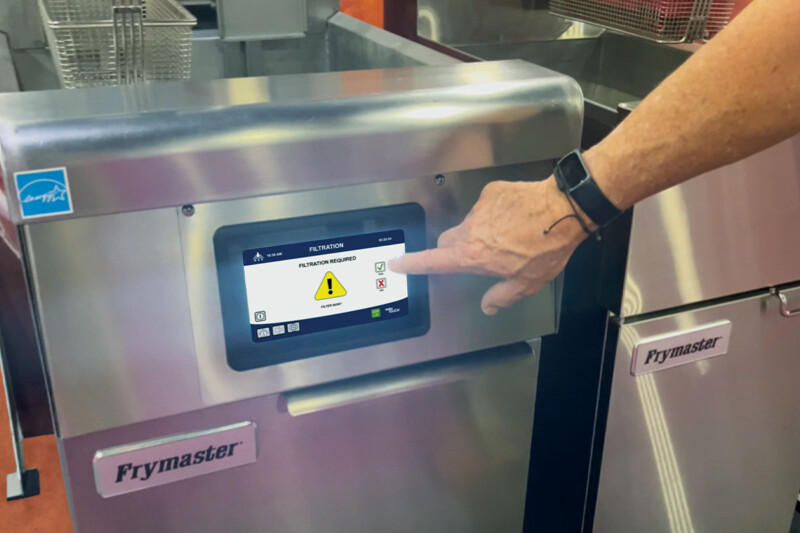Every business has its busy season so, when Steve Weigel, Branch Manager at Commercial Parts and Service in Dayton, Ohio, got a desperate call from a customer during their peak time of the year, he knew he had to act fast. This facility, a large tourist spot, was working on a tight schedule with thousands of guests. “They’ve got somewhere around a million people who visit over the course of three months,” Weigel explains. “We got a call about a conveyor oven. No product was moving through the conveyor, and it was completely stopping all service.” Luckily, “this was a good customer—they’ve got a full planned maintenance program in place—so they get a little extra attention.
“We sent a tech who is master certified and factory trained. It didn’t take him long to find quite a bit of damage to the conveyor belt, specifically broken and bent links.” And as the tech continued his diagnosis, he quickly found the issue to be a bit more unusual than a typical conveyor-oven call. “The entire belt was installed backwards,” Weigel says. “Somehow the belts got flipped around.
“About a year earlier when we replaced the old conveyor ovens with new ones somebody thought ahead and suggested they hold onto the old belts.” Thankfully for the customer the conveyors have what Weigel describes as “master links,” which allowed his tech to carefully remove the broken links and switch them with replacement links from the belts they’d kept on hand, quickly restoring service.
But, the question still remained—who came in and reversed the conveyor? Well, it turns out it was members of the staff. “They meant well and thought they were helping, but somewhere in the process of removing and cleaning the conveyor, they managed to flip it around,” Weigel says. This slowly led to the damage that his tech found. “They’re lucky we got in there fast. If they had continued to run it, the drive components could’ve been damaged,” he continues, “which would have been a much more expensive fix.”
Sometimes trying to be proactive without a proper understanding of the equipment you’re working with can lead to significant damage and costly repairs. It’s key that those who operate, clean, or otherwise work with kitchen equipment have good knowledge of exactly what they’re doing. And, as in this case, it doesn’t hurt to have a good relationship with your service company.
RELATED CONTENT
- Advertisement -
- Advertisement -
- Advertisement -
TRENDING NOW
- Advertisement -
- Advertisement -
- Advertisement -


